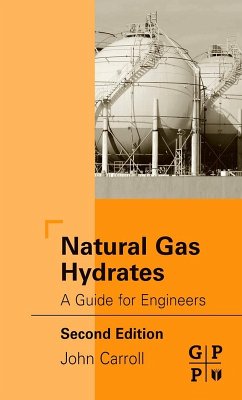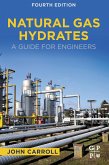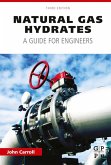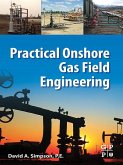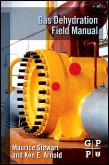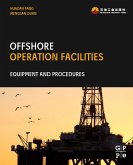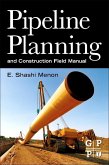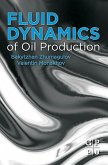Natural Gas Hydrates is written for the field engineer working in the natural gas industry. This book explains how, when and where hydrates form, while providing the knowledge necessary to apply remedies in practical applications. New to the second edition, the use of new inhibitors: Kinetic Inhibitors and Anticoagulants and the topic of kinetics of hydrates. How fast do they form? How fast do they melt? New chapters on Hydrates in Nature, hydrates on the seafloor and a new section has also been added regarding the misconceptions about water dew points. Chapters on Hydrate Types and Formers, Computer Methods, Inhibiting Hydrate Formation with Chemicals, Dehydration of Natural Gas and Phase Diagrams Hydrate Dehydration of Natural Gas and Phase Diagrams have been expanded and updated along with the companion website.
- Understand what gas hydrates are, how they form and what can be done to combat their formation
- Avoid the same problems BP experienced with clogged pipelines
- Presents the four most common approaches to evaluate hydrates: heat, depressurization, inhibitor chemicals, and dehydration
Dieser Download kann aus rechtlichen Gründen nur mit Rechnungsadresse in A, B, BG, CY, CZ, D, DK, EW, E, FIN, F, GR, HR, H, IRL, I, LT, L, LR, M, NL, PL, P, R, S, SLO, SK ausgeliefert werden.

